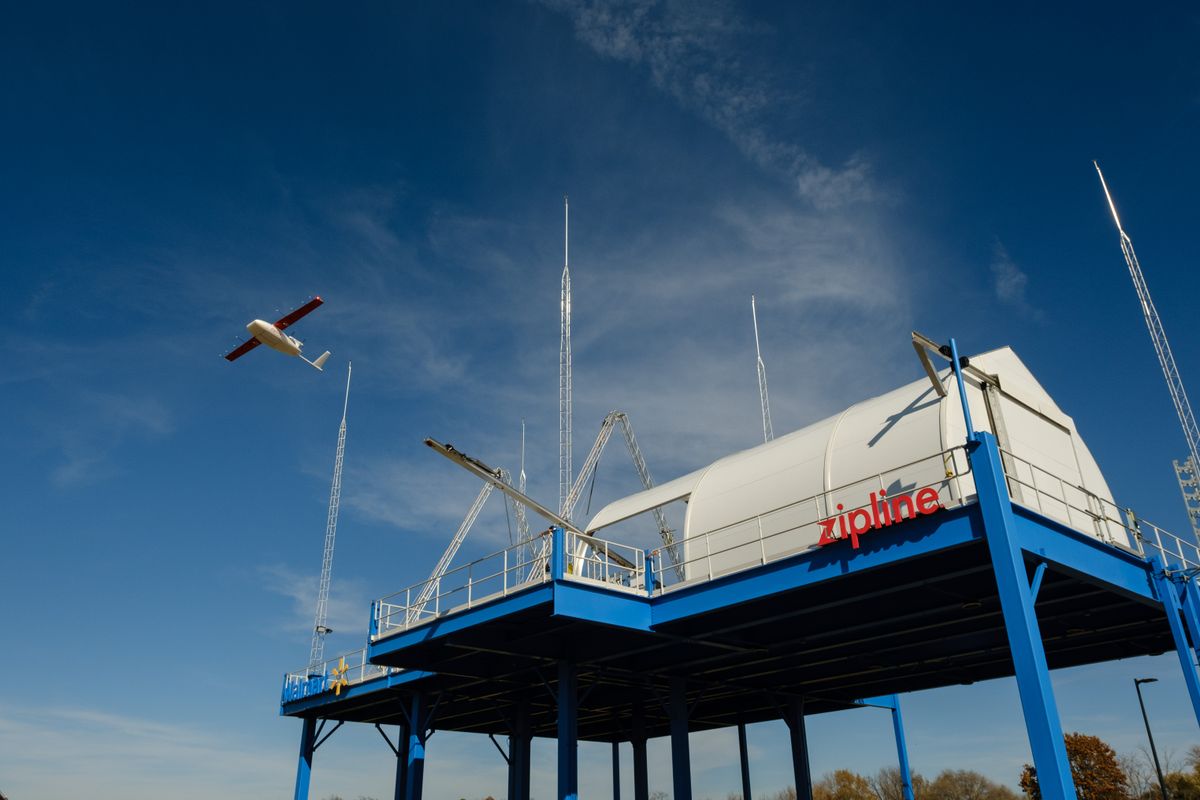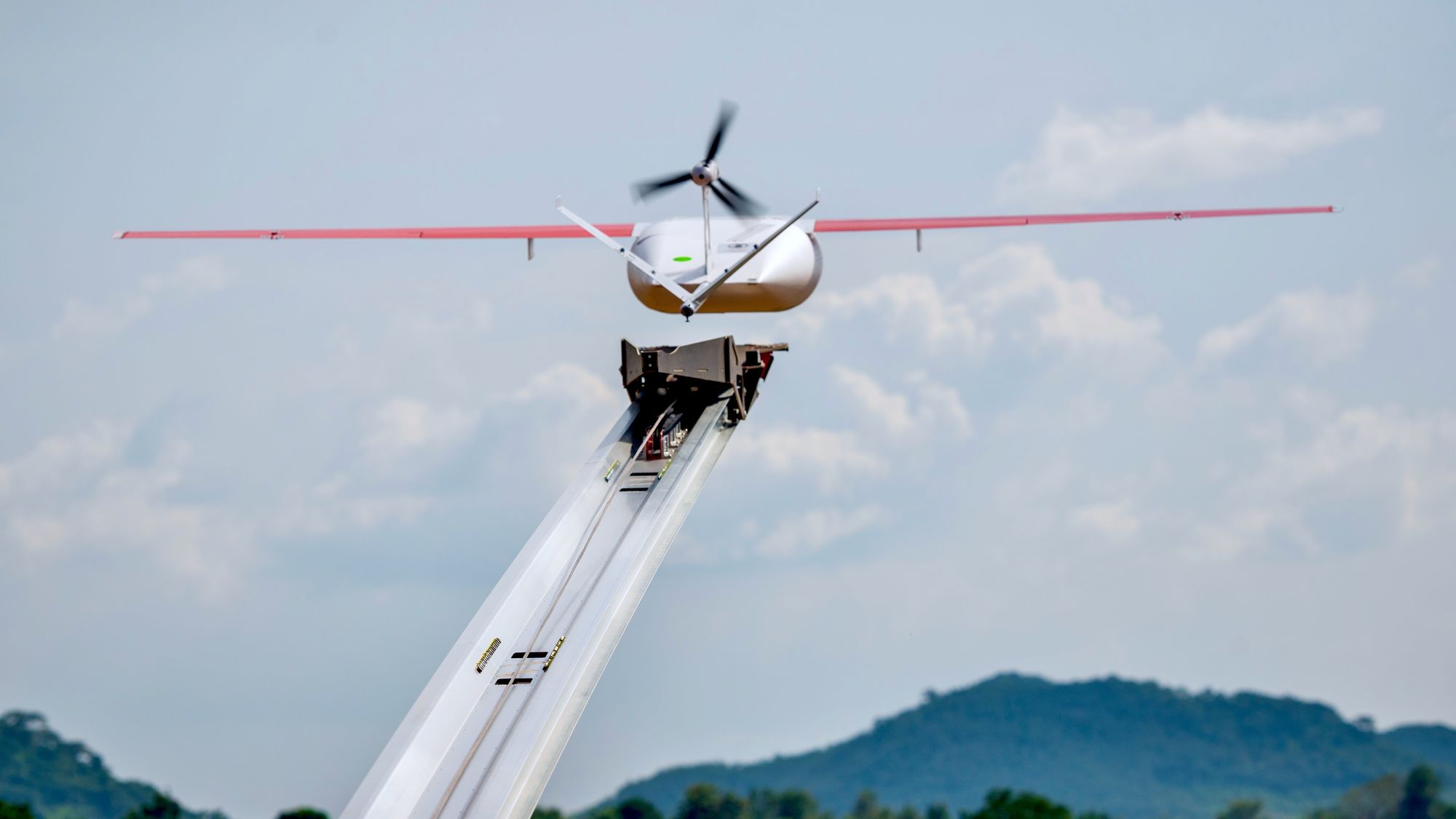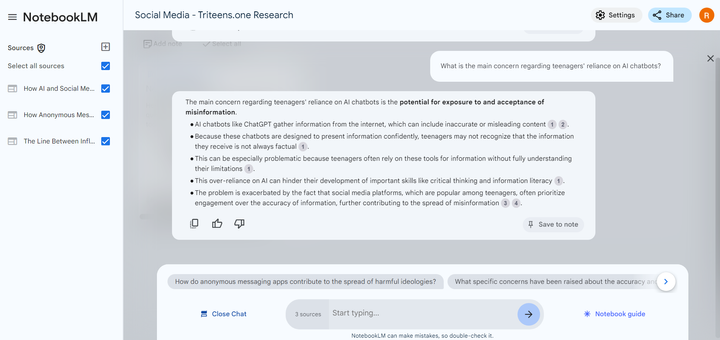How drones in Rwanda deliver lifesaving medical supplies throughout the country

Within the country of Rwanda, a company has been doing lifesaving work since 2014. They use drones to deliver medical supplies to several remote villages. With only two stations, the drones have coverage within the whole country of Rwanda. With Rwanda's lack of road systems, a 1-day trip by car is easily done within 30 minutes by this company
Zipline's Video On their System
How it works
At each Zipline distribution facility, drone operations occur every 90 seconds 24/7. Orders are done by doctors from hospitals across Rwanda. When an order comes in, the Zipline staff are shown the priority level, the order, and any other relevant information. It is then packaged and placed in one of their drones. Then it goes to their launcher.

It is then placed on one of the launchers like above. At this point, staff attach the wings of the drone and attach the nose cone. Then they do final checks and launch the drone. The launcher is able to bring the drone from 0 to 60mph within 1/3 of a second. The whole process takes only 90 seconds to complete.
The drone then continues to its destination with a pilot remotely monitoring it from the distribution center. They use a specially designed navigation system to track all of this. The drone descends a maximum of 115 feet before dropping a parachute at its destination containing the medical equipment needed.
After Zipline's drones finish their delivery, the drone automatically returns to the base. When it is close enough to the base, two poles containing a string line up to catch the drone. Staff then collect the drone and place it back into the center for reuse.
The best thing about all of this is that it can work day, night, rain, or shine.
The results
Zipline's invention has made delivering blood and other medical supplies quick and easy. As a result of this, there has been an about 88% decrease in maternal postpartum hemorrhage deaths. The Lancet reported a 67% decrease in blood wastage in Rwanda, which means expanded access to blood across Rwanda. Facilities providing blood transfusion also reported decreasing on-hand inventory by 62% and also a 42% decrease in damaged blood machines. This shows more efficient use of blood products.
The Future
At this time, Zipline is expanding into the commercial industry from medical supplies to restaurant deliveries. Their platform 2 drones are now preparing for their next generation of drone deliveries. Zipline now plans to extend its delivery service to other industries and they say they plan to handle the majority of drone deliveries in the United States. Hopefully, with their progress, we will soon see a more efficient and safer world all around us.
Find an issue with this article? Message us at [email protected] to report it!




